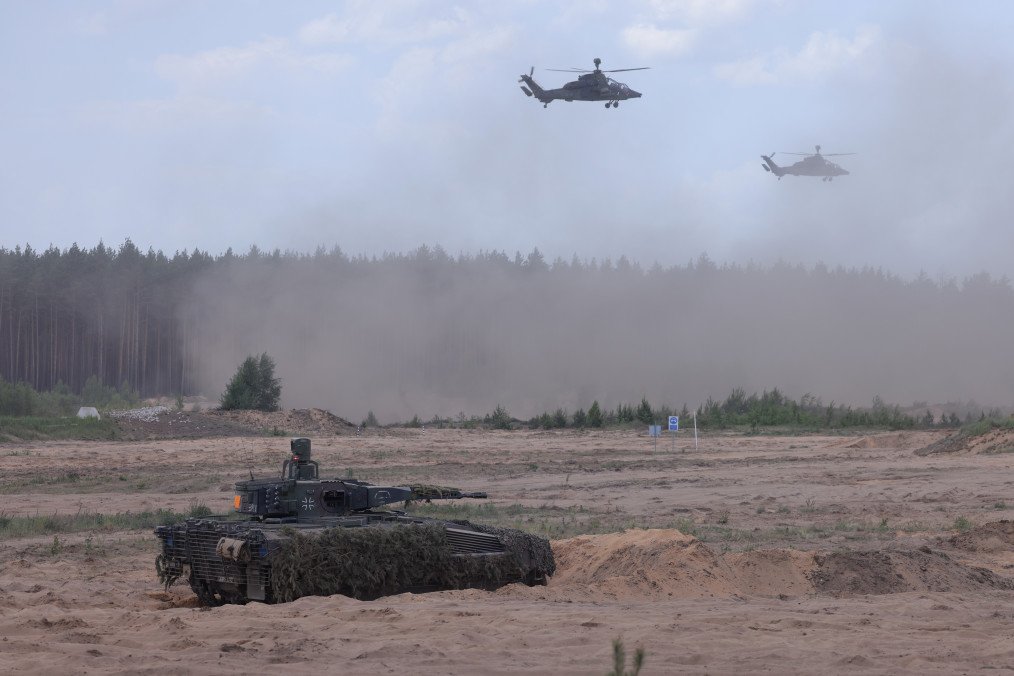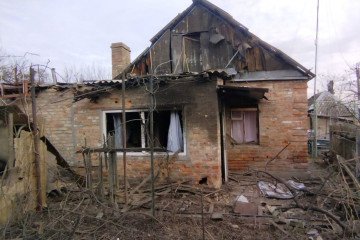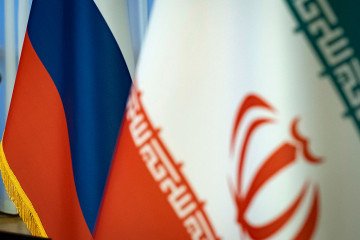- Category
- Latest news
EU Defense Commissioner Proposes €100 Billion Budget Increase in Response to Growing Russian Aggression

Andrius Kubilius, the European Union’s first Defense and Space Commissioner, has proposed increasing defense spending to nearly $105 billion (€100 billion) for the bloc’s next seven-year budget, Politico reported on December 7.
This target is tenfold higher than the current $10.5 billion (€10 billion) allocation for defense.
“We need to be ready for the possibility of Russian aggression,” said Kubilius, a two-time prime minister of Lithuania known for his firm stance against Russia.
“If we fail in Ukraine, then of course, the possibility of Russian military aggression against the EU member states can increase,” he added.
European Commission President Ursula von der Leyen has already suggested an additional $527 billion (€500 billion) in defense investments over the next decade.
Kubilius warned that such measures are essential to ensure the EU’s defense plans are more than just “theoretical.”
Funding could be sourced through increased EU budgets, common debt issuance, or loosening fiscal rules that currently cap member states’ deficits. Kubilius supports exempting defense spending from deficit calculations, a move backed by Greece, Poland, and Italy.
“When facing a crisis, flexibility in spending becomes crucial,” he said, noting ongoing discussions with Budget Commissioner Piotr Serafin.
A key challenge for Kubilius is coordinating Europe’s fragmented defense industry.
The $1.58 billion (€1.5 billion) European Defense Industry Programme aims to bolster production, but disputes remain over access for non-EU companies. France champions a strict “Buy European” approach, while Germany, Poland, and the Netherlands favor more inclusivity.
Kubilius advocates for a balance, emphasizing the need to develop European production while acknowledging gaps in critical capabilities like long-range precision weapons. He admitted that many key weapons systems, such as long-range precise strike capabilities, are “simply not produced” in the bloc.
Kubilius underscored the importance of closer collaboration with NATO, calling for alignment on capability gaps identified in the alliance’s upcoming report. The report is expected to outline the need for 49 brigades, 1,500 tanks, and 1,000 artillery pieces.
“The authoritarians are uniting themselves, and we need to unite ourselves,” Kubilius warned, highlighting an emerging axis of Russia, Iran, North Korea, and China.
Earlier, German Minister of Defense Boris Pistorius said that Russia is significantly outpacing the EU countries in the rate of its tank production and delivery.


-72b63a4e0c8c475ad81fe3eed3f63729.jpeg)


